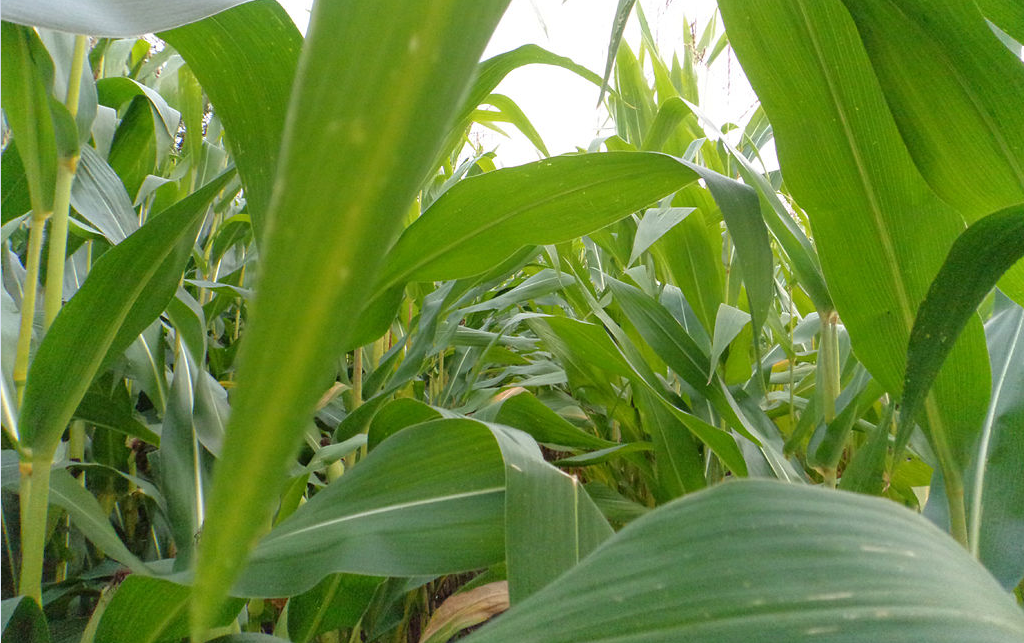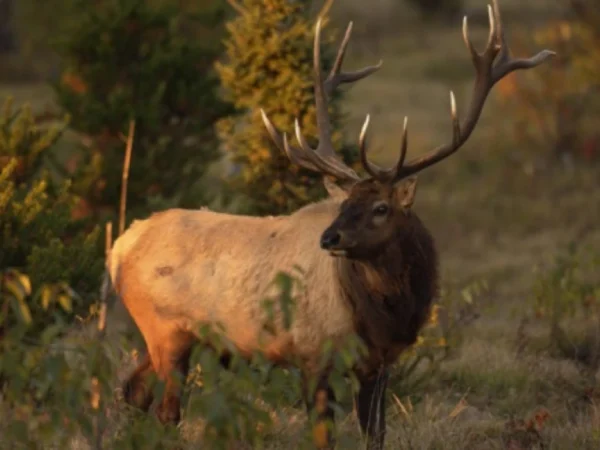
An ethanol trade group took issue last week with University of Wisconsin researchers and the National Wildlife Federation over a climate study released by the scientists and promoted by the federation.

Science Hall, University of Wisconsin Madison, courtesy of John Kees
The Wisconsin scientists said more than seven million acres of habitat have been converted to crops, primarily corn and soy, since the 2007 update to the law that mandated ethanol use in fuel.
The joint press release says cropland expansion released 115 million metric tons of carbon to the atmosphere between 2008 and 2012 according to the study.
The Great Lakes states of Minnesota, Michigan, Wisconsin and New York were among the states with “the highest rates of expansion into particularly carbon-rich land,” the study indicated.
The ethanol mandate requires 17 billion gallons of ethanol annually, primarily derived from corn, to be included in gasoline.
“This cropland expansion driven in part by the ethanol mandate has far-reaching impacts on the climate through its effects on the land and the carbon that it stores,” according to Seth Spawn, the study’s lead author. “These impacts are significant and should be taken seriously,” Spawn said.
It’s the equivalent to 20 million additional cars on the road per year according to the federation press release.
“These findings should serve as a wakeup call that it’s time to act with purpose and urgency to fix the ethanol mandate and to confront climate change to protect our health, environment, economy and wildlife,” the federation’s top executive, Collin O’Mara said in the release.
National Wildlife Federation spokesperson Jordan Lubetkin told Great Lakes Now that the Wisconsin study had not been peer-reviewed but eventually would be.
“Regurgitation of same study”
The ethanol industry’s trade group the Renewable Fuels Association rebutted the Wisconsin scientists’ study.

Geoff Cooper, Executive Vice President Renewable Fuels Association, courtesy of ethanolrfa.org
“This latest attack from the University of Wisconsin and National Wildlife Federation is simply another regurgitation of the same study these groups have released multiple times over the past several years,” association Vice-President Geoff Cooper told Great Lakes Now in a statement.
Cooper said the study makes for a “sensational headline” but says farmers are using less cropland for corn production than in 2007 when the ethanol mandate was expanded.
“The additional corn needed to support expansion of the ethanol industry came from increased productivity on existing cropland – not from converting native grasslands to new cropland,” Cooper said. He cited studies at Iowa State, Purdue and federal agencies to support his position.
The Ohio Farm Bureau has maintained that the state had more acres of corn planted prior to the mandate than it currently does. The Ohio and Minnesota Farm Bureaus both support the mandate.
Pointing to U.S. Department of Agriculture data, the National Wildlife Federation told Great Lakes Now that there has been a small increase in corn production in Ohio.
The federation is asking Congress to reform the ethanol mandate by reducing its volume and by enforcing existing laws that prevent conversion of habitat into corn production.
The group recently sent 20,000 comments to legislators urging a reform of the ethanol mandate and says there is bi-partisan interest in updating the law, but no legislation has been introduced.
The mandate is a political hot button as candidates for president are forced to take a position on it in the early presidential primary process at the Iowa Caucuses. In 2016 , then-candidate Donald Trump pledged support for the mandate.
2 Comments
-
I have not read this study, but have seen similar studies in the past. Crop rotation through a field is a good agricultural management practice. Satellite data has not correctly identified these shifts. More of a concern is the federal decrease in the farm conversation acreage. Marginal lands previously in the government program may be planted to gain some income where government support for conservation has been withdrawn. The real issue here is that these one issue studies do not get into the complicated mixture of forces and economics that drive the farm and fuel economy. Ethanol is a necessary fuel component for higher milage, lower cost per mile and GHG reductions and also better animal feed.
-
Spent 25 years working in exhaust emissions development. None of this ethanol issue makes any scientific sense – appears to be mainly a money maker. PhDs from U of M were hired to cherry pick supportive data. Lop-sided, not objective. Sad case. The only ethanol use that makes any good sense is in Brazil where they grow sugar cane and can use the left overs for fuel.




